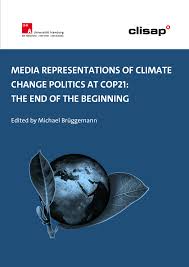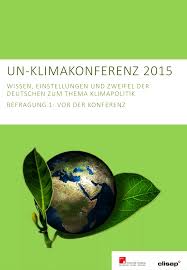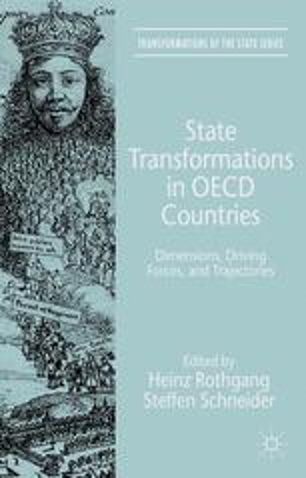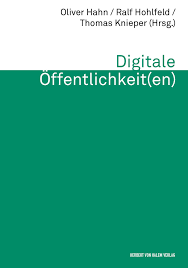Abtract
Now this is not the end. It is not even the beginning of the end.
But it is, perhaps, the end of the beginning.” – Winston Churchill
Quite a few commentators of the results of the UN Climate Change Conference in Paris (November/December 2015) have evoked this quote from Winston Churchill. It seems that, indeed, Paris marks the end of the beginning of debating anthropogenic climate change. The world’s political leaders have acknowledged the depth and breadth of the problem and have pledged to act. It will be crucial to hold them accountable of their promises: This is a challenge primarily for journalism and civil society. It will also be a challenge for social scientists to observe and analyze this process. Yet, in our role as citizens we may not only describe and explain but also comment on this process. The idea of the Media Watch Blog was to provide space for both: presenting an analytical view of the media coverage and the debates surrounding COP 21 through the lens of academic observers from social and climate sciences and allowing for comments in our role as citizens that we would not include in our academic publications. The point of the blog is not to bash the media: Covering climate change is a demanding challenge for journalists and we do not pretend that we could do better than journalists do. Yet, as outside observers of the debate, we hope to add new perspectives to a debate that deserves humanity’s most alert attention.

Brüggemann, Michael (Ed.) (2016): Media Representations of Climate Change Politics at COP21. The End of the Beginning. University of Hamburg. Hamburg. Available online at https://climatematters.blogs.uni-hamburg.de/wp-content/uploads/2016/01/Watchblog.pdf.



